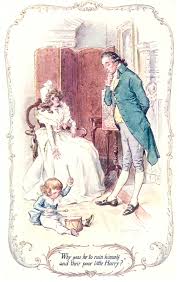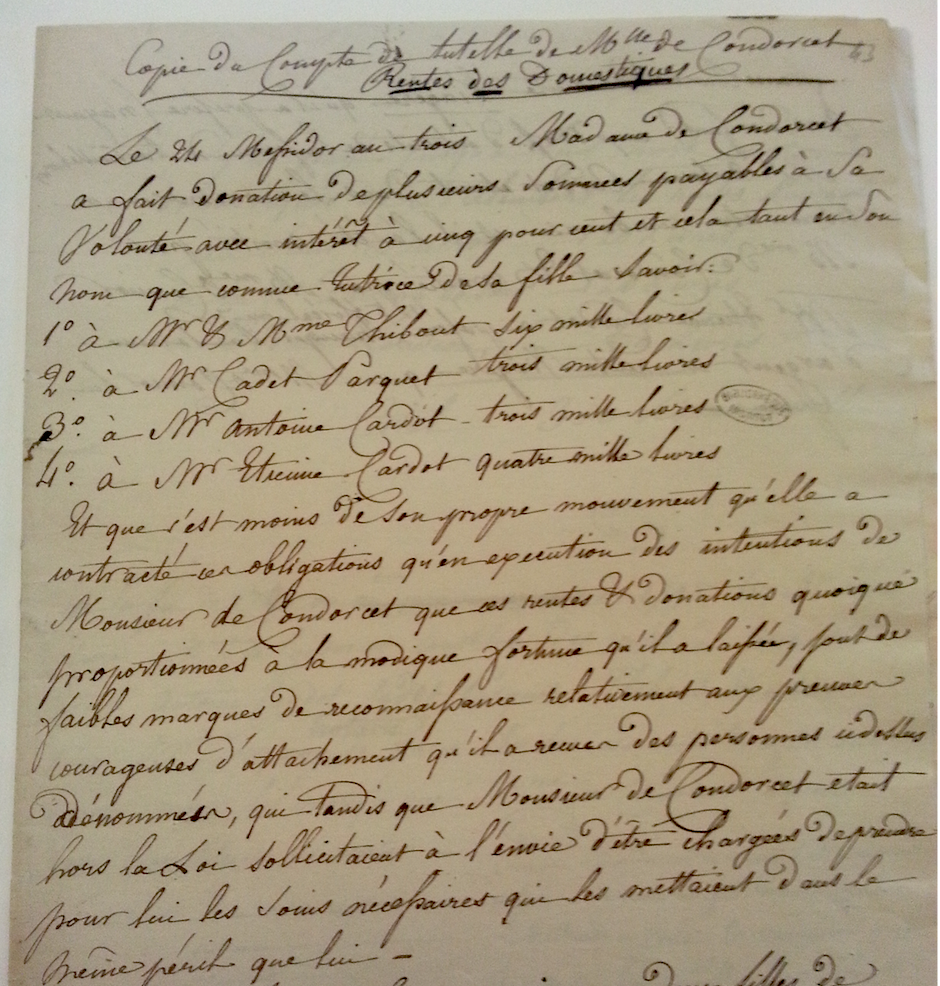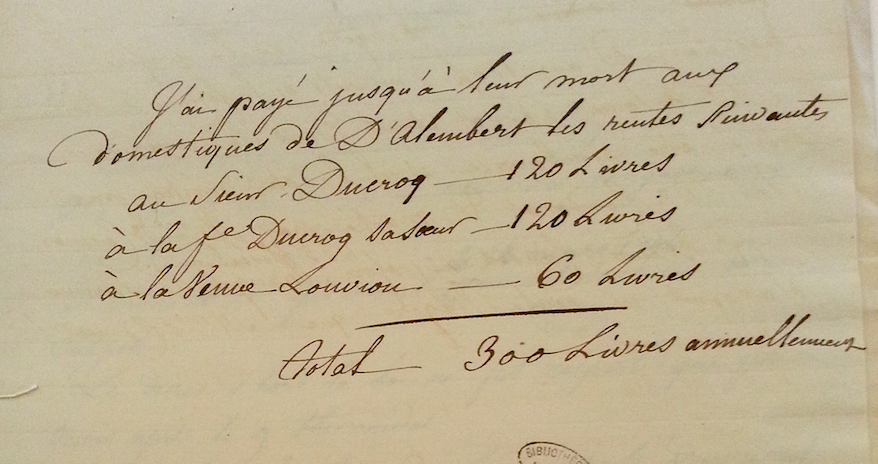|
In Sense and Sensibility, one of Austen’s least likable characters, Fanny Dashwood, explains to her husband why she feels it would be a bad idea to offer his fathers’ widown and his three half sisters a modest annuity of 100 pounds: People always live for ever when there is an annuity to be paid them; and she is very stout and healthy, and hardly forty. An annuity is a very serious business; it comes over and over every year, and there is no getting rid of it. You are not aware of what you are doing. I have known a great deal of the trouble of annuities; for my mother was clogged with the payment of three to old superannuated servants by my father's will, and it is amazing how disagreeable she found it. Twice every year these annuities were to be paid; and then there was the trouble of getting it to them; and then one of them was said to have died, and afterwards it turned out to be no such thing. My mother was quite sick of it. Thankfully for the family, one of the daughters marries a rich man, and there is, at the end of the story, no prospect of them starving. But annuities were the rather arbitrary mean whereby widows and spinsters lived, and this was also true of those who had been in service, and retired, or lost their place through their master’s death. The continuation of these people who were in control of a sufficient sum was wholly dependent on the good will of a rich relative, whether of their own or of their employer. Sophie de Grouchy was no Fanny Dashwood. She cared for her old nurse all her life. She paid her an annuity, but also lived with her and cared for her when she was sick. When Condorcet died, Sophie, in charge of managing his (small) assets on behalf of their daughter took on his obligations. She paid sums of money to Condorcet’s old servants, M and Mme Thibaud, and M Parquet, to his secretary, Cardot, and his secretary’s brother. She records that she took on these obligations because she knew that this had been Condorcet’s intention. She adjusted the payment according to the needs of the payees – the Thibauds asked for an annuity to be paid to their daughters, Parquet and Cardot chose a life annuity for themselves and Cardot’s brother a single sum, which he could put towards his commercial entreprise. Sophie also notes that she carried on paying the annuities of D’Alembert’s servants until their death. D’Alembert had been Condorcet’s close friend so she felt obligated towards them.
0 Comments
Leave a Reply. |
About
This is where I live blog about my new book project, an intellectual biography of three French Revolutionary women philosophers. Categories
All
Archives
November 2022
|



 RSS Feed
RSS Feed